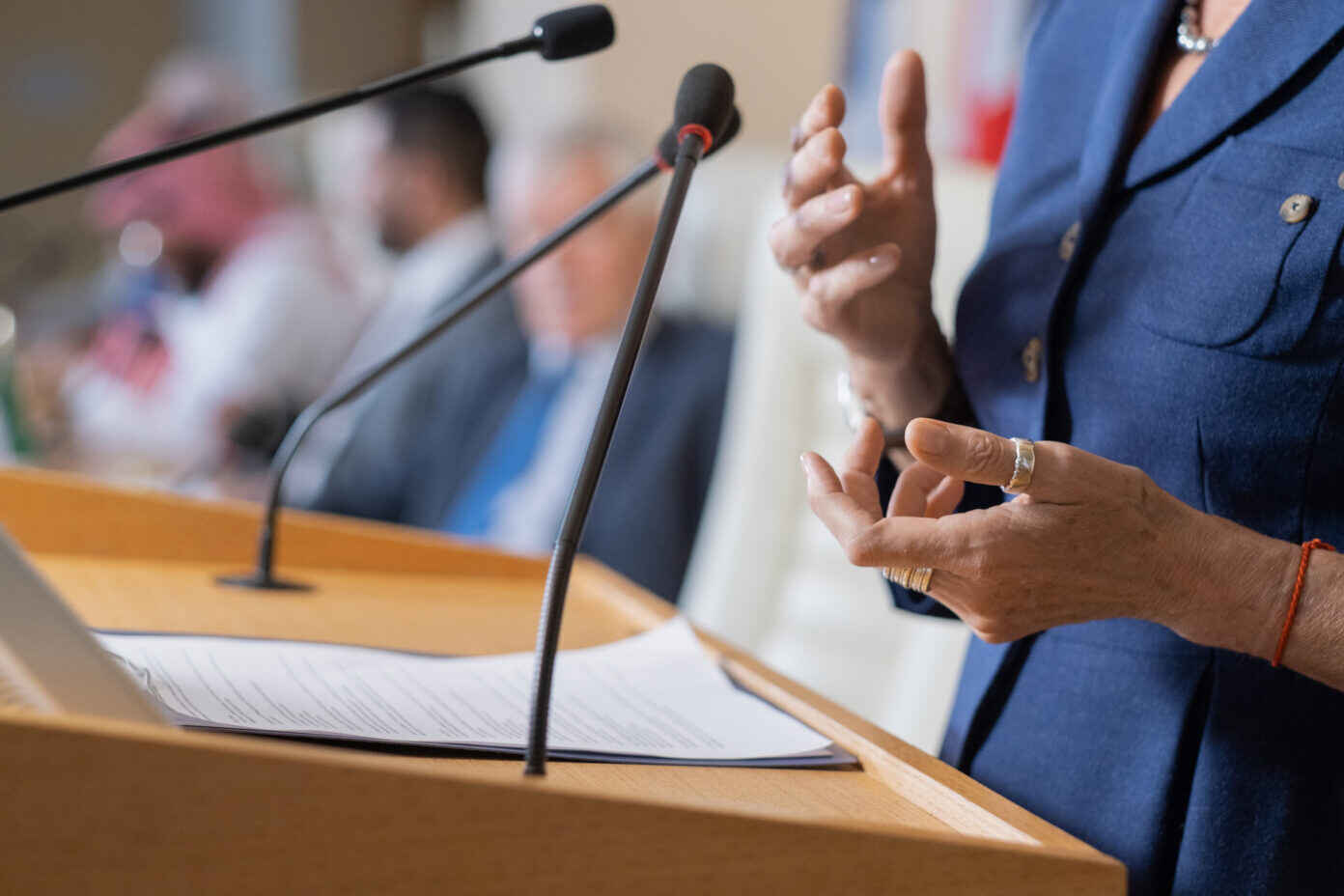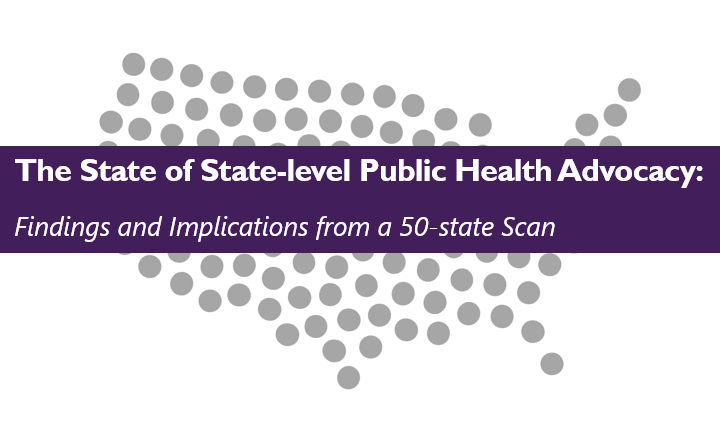The State of State-level Public Health Advocacy

What is the current state-level capacity for public health advocacy in the United States? How can it be strengthened?

The State of State-level Public Health Advocacy: Findings and Implications from a 50-state Scan summarizes findings from research that looked at specific markers of advocacy capacity and interviews of key respondents in 50 states and the District of Columbia between March and June 2023. Respondents included state and local health department representatives, elected officials, lobbyists, and partners in other sectors and organizations, although the specific type of respondent was different in each state. Regardless of their specific titles, current roles, or locations, all respondents represent voices from the field who are advocates for the health and well-being of everyone in their respective states.
“The public health workforce underestimates and undervalues how much it can actually advocate.”
– Scan Key Informant
As the findings affirm, both COVID and the increasingly polarized political landscape have made it even harder to advocate for public health. The upshot? Yes, the challenges surrounding public health advocacy are profound, yet many opportunities to strengthen it exist in every environment.
These opportunities—bright spots, potential models, and other suggestions from respondents—are also highlighted in the report. Some require action and concrete support from funders, allies, and advocates; some from public health practitioners and partners, and many from all of these entities. Collectively, these opportunities have the potential to alter the advocacy landscape across states and communities.
The CDC Foundation, de Beaumont Foundation, and Network for Public Health Law supported this work financially and conceptually as part of a larger initiative to assess public health advocacy.
The Network for Public Health Law
The Network for Public Health Law (Network) believes in the power of public health law and policy to improve lives and make our communities safer, healthier, stronger and more equitable. The Network provides non-partisan legal technical assistance and resources; and collaborates with a broad set of partners across sectors to expand and enhance the use of practical legal and policy solutions.
